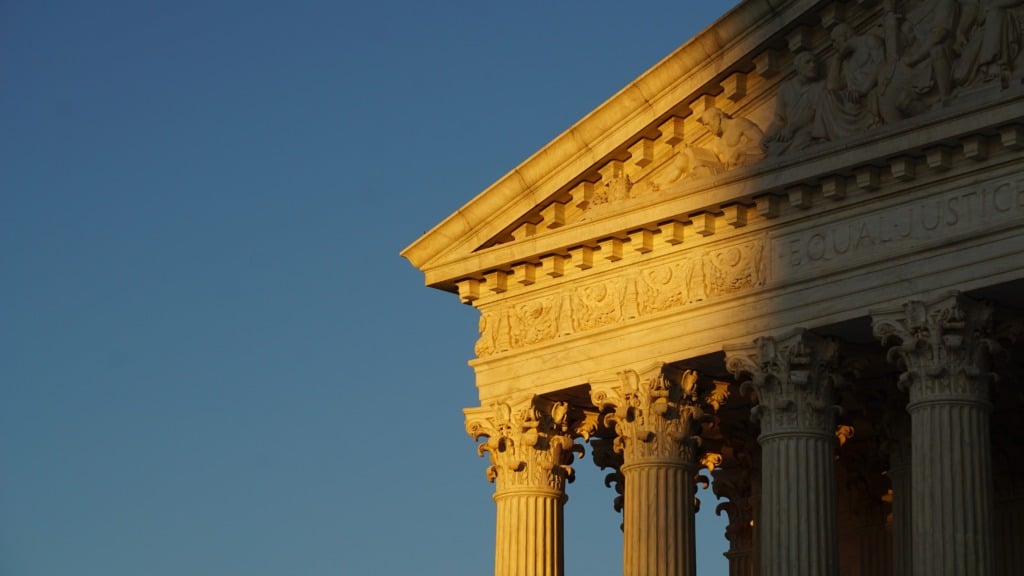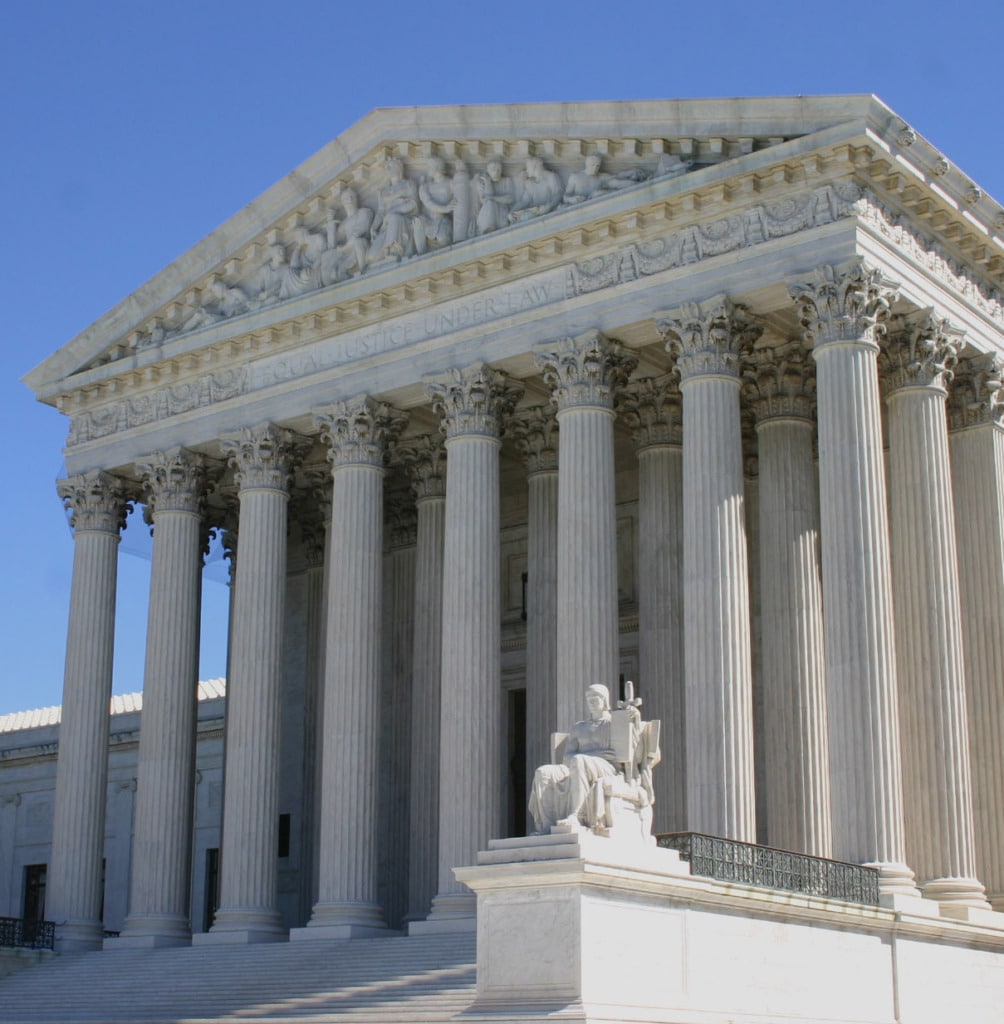Supreme Court Narrows the FSIA’s Expropriation Exception (Again)
(Editor’s Note: This article also appears in Just Security.) Last Friday, the U.S. Supreme Court decided Republic of Hungary v. Simon. Writing for a unanimous Court, Justice Sonia Sotomayor held that commingling the proceeds of expropriated property with other government funds, which are then used for commercial activity in the United States, is not enough…
Continue ReadingTVPRA Claims Against Neil Gaiman
Claims brought under the Trafficking Victims Protection Reauthorization Act (TVPRA) don’t often make headlines. But those filed on February 3, 2025 against British author Neil Gaiman and his American wife Amanda Palmer (who are divorcing) are an exception. Scarlett Pavlovich, who worked for three weeks as a live-in nanny for the couple, alleges that Gaiman…
Continue ReadingHelms-Burton’s Statute of Repose
Helms-Burton plaintiffs just can’t seem to catch a break. They have struggled to establish personal jurisdiction over foreign defendants, run into issues of foreign sovereign immunity, and found that their property rights have expired. Now, the Second Circuit has held that the Helms-Burton Act’s statute of repose blocks claims more than two years old. Congress…
Continue ReadingBusiness and Human Rights Litigation
On January 22-24, 2025, the Bonavero Institute of Human Rights at Mansfield College, Oxford, hosted a roundtable on business and human rights litigation. The roundtable discussed draft chapters for the Cambridge Handbook on Business and Human Rights Litigation, edited by Hassan Ahmad, Ekaterina Aristova, and Rachel Chambers, which is slated for publication next year. The…
Continue ReadingCisco’s Cert Petition
Last Friday, January 31, 2025, Cisco Systems filed a petition for certiorari asking the Supreme Court to review the Ninth Circuit’s decision in Doe v. Cisco Systems, Inc. (2023), a decision holding that claims of aiding and abetting may be brought under the Alien Tort Statute (ATS) and Torture Victim Protection Act (TVPA). As more…
Continue ReadingSupreme Court CVSGs in Terrorism Case
On January 13, 2025, the Supreme Court called for the views of the Solicitor General in Borochov v. Islamic Republic of Iran. (This is commonly known as a “CVSG.”) The question presented is whether the Foreign Sovereign Immunities Act’s (FSIA) exception for state sponsors of terrorism, 28 U.S.C. § 1605A, extends to cases in which…
Continue ReadingDistrict Court Applies Securities Fraud Provision to Foreign Transactions
Does § 10(b) of the Securities Exchange Act apply to securities on foreign exchanges? Generally, the answer is no. The Supreme Court held in Morrison v. National Australia Bank (2010) that § 10(b)—the Act’s principal antifraud provision—applies only to transactions on U.S. exchanges and to transactions in unlisted securities that occur in the United States….
Continue ReadingHappy New Year!
TLB will be on winter break until January 7, 2025. We wish you all the best in the new year!
Continue ReadingAll I Want for Christmas (from the Supreme Court)
Following up on John Coyle’s post yesterday, I’ve prepared my own list of things I wish courts in the United States would do differently in transnational litigation. 1. Abandon the U.S.-Conduct Requirement for the Presumption Against Extraterritoriality The Supreme Court uses a presumption against extraterritoriality to determine the geographic scope of federal statutes. There have…
Continue Reading








